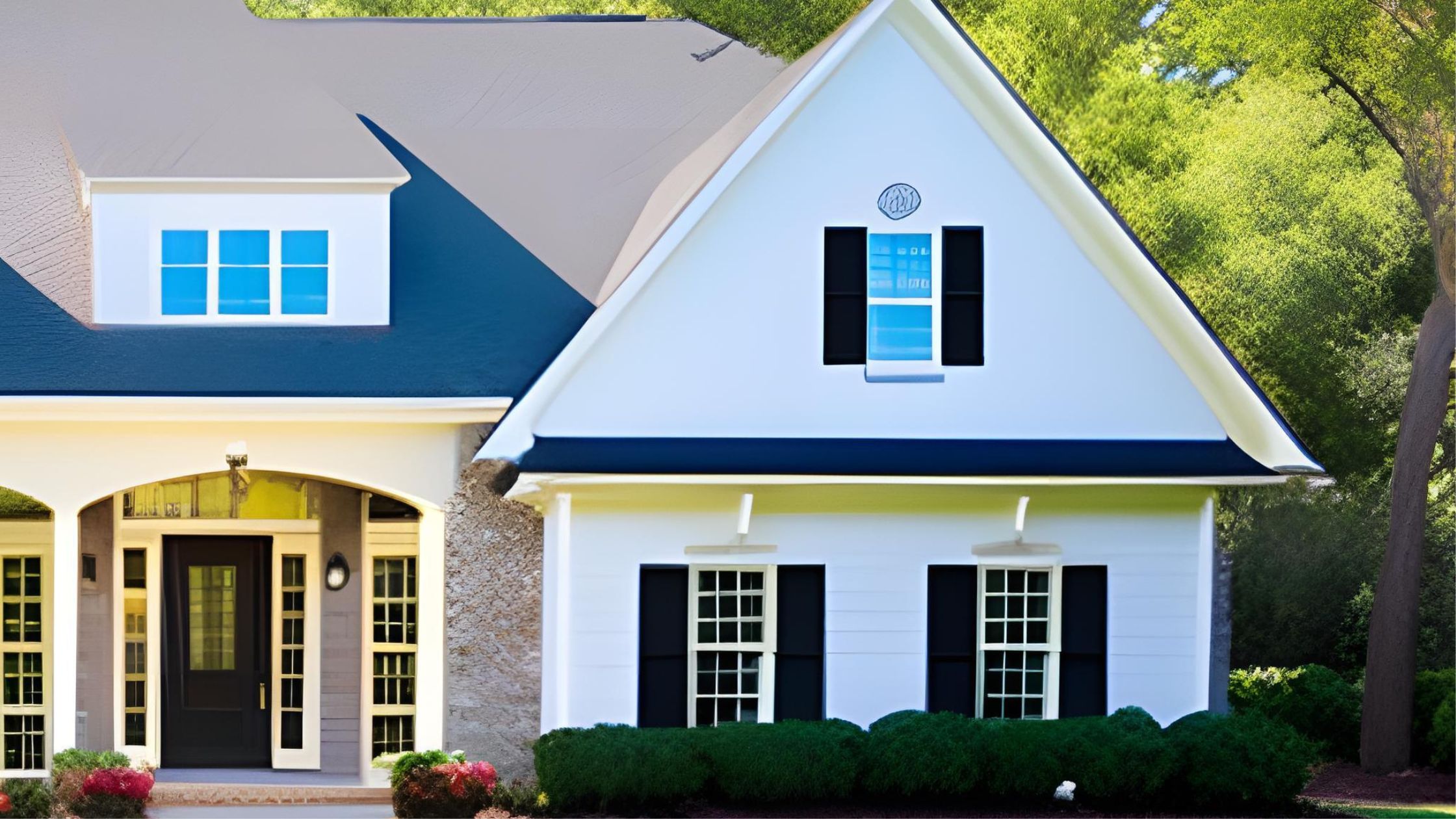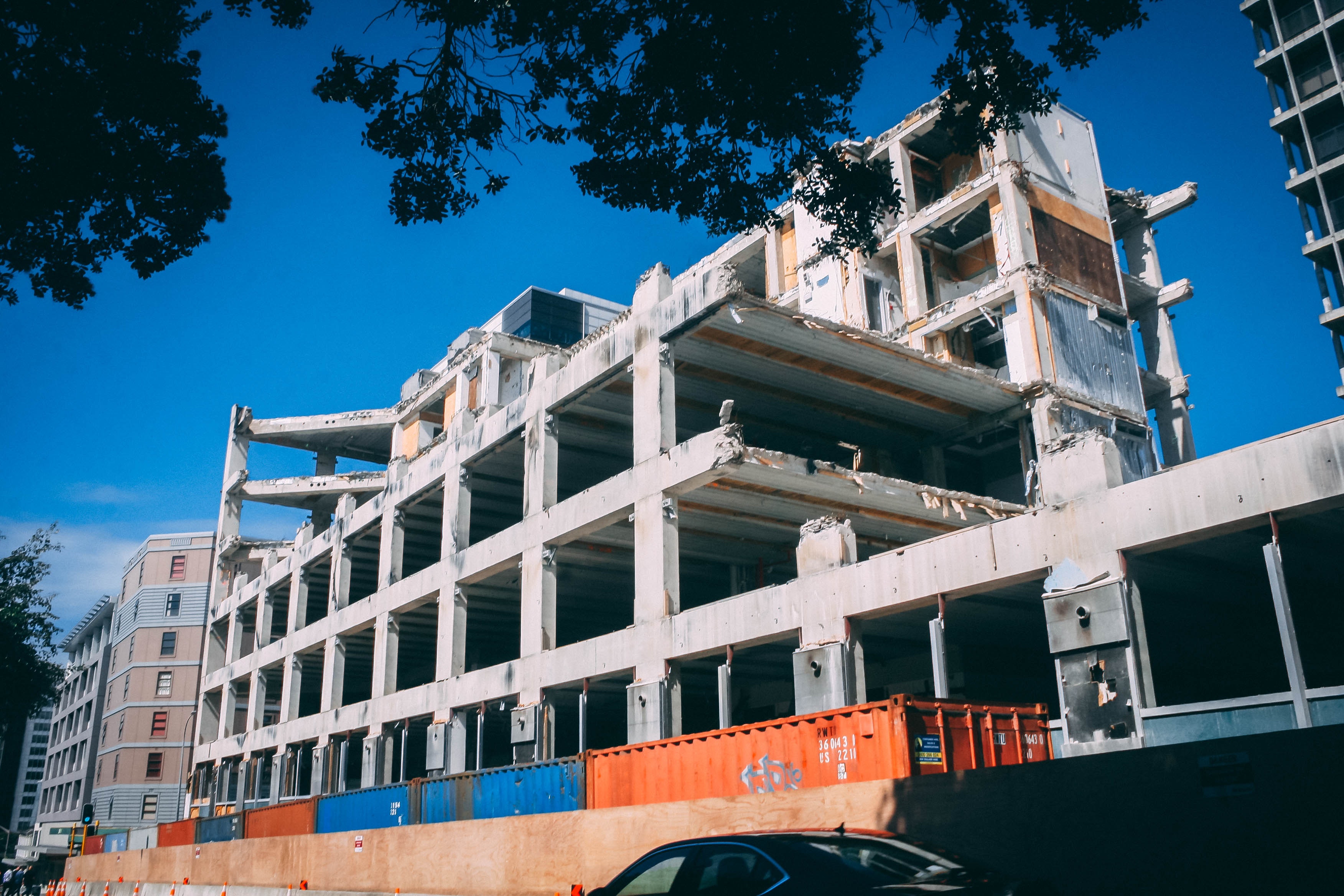Owning a home in Texas comes with its unique joys and challenges. While the vast landscapes and vibrant cities make it desirable to live, homeowners must also contend with various risks ranging from natural disasters to everyday accidents. One of the critical decisions a homeowner faces is whether to invest in homeowners insurance. So, is homeowners insurance required in Texas?
Understanding homeowners insurance
Homeowners insurance is a protective shield for one’s property and possessions, offering financial security in the face of unforeseen events. This coverage typically includes:
- Dwelling Coverage: Protects the structure of your home against damage from events like fire, storm, or vandalism.
- Personal Property: Covers the loss or damage of personal belongings within the home.
- Liability Protection: Shields you against legal responsibility if someone is injured on your property or you cause damage to someone else’s property.
- Additional Living Expenses (ALE): Provides financial support for temporary living arrangements if your home is uninhabitable due to a covered peril.
Texas homeowners insurance regulations
In Texas, homeowners insurance is not mandated by state law. However, the absence of a legal requirement does not diminish its importance. Most mortgage lenders will require proof of insurance as a condition of the loan, ensuring their investment in your property is protected against possible losses. This requirement is standard practice across the mortgage industry, reflecting the significant financial risks associated with uninsured properties.
For homeowners without a mortgage, choosing to forego insurance might seem like a cost-saving measure in the short term, but it exposes them to substantial financial risk. Texas is prone to a variety of natural disasters, including hurricanes, tornadoes, and severe storms, all of which can cause extensive property damage that could be financially devastating without coverage.
Importance of Homeowners Insurance in Texas
Texas’s geographic and climatic conditions expose homeowners to a higher risk of natural disasters such as hurricanes, tornadoes, and flooding. This susceptibility makes homeowners insurance not just a recommended choice but a safeguard for financial stability. For instance, hurricane damage can be extensive and costly to repair. Homeowners insurance helps mitigate these financial burdens by covering repairs or rebuilding costs.
Moreover, the state’s history is punctuated with such natural calamities. Real-life examples, like Hurricane Harvey in 2017, demonstrate the devastating impact on properties uninsured against such risks. Homes with adequate insurance coverage recovered more swiftly compared to those without, highlighting the tangible benefits of being insured.
Choosing not to purchase homeowners insurance in Texas carries significant risks. Without coverage, you are solely responsible for any repairs or replacements needed due to damage to your property. This financial strain can be overwhelming, particularly if the damage is severe. Without insurance, these costs come directly out of your pocket, potentially jeopardizing your financial future.
Key Factors to Consider When Selecting Homeowners Insurance
When shopping for homeowners insurance in Texas, several key factors should be considered to ensure you choose the best policy for your needs.
Coverage Limits
Evaluate your policy’s coverage limits to ensure they adequately reflect the value of your property and possessions. Underinsuring your home can lead to significant financial losses, as you may not receive enough compensation to cover the full cost of a loss. Review your policy limits periodically, especially after major purchases or renovations.
Deductibles
The deductible is the out-of-pocket amount before your insurance policy kicks in. Opting for a higher deductible can reduce your monthly premiums, but it also means more considerable out-of-pocket expenses when you file a claim. Choose a deductible that you can comfortably afford in an emergency.
Optional Coverages
Standard homeowners policies do not cover all risks. Depending on your location and the nature of your property, you might need additional coverages such as flood or earthquake insurance. Assessing the environmental risks in your area can guide you to the appropriate additional coverages, ensuring comprehensive protection against all probable perils.
While homeowners insurance is not legally required in Texas, the state’s vulnerability to natural disasters and the high cost of property repairs make it a good idea for any homeowner. Whether you’re driven by lender requirements or a prudent desire to protect your investment, homeowners insurance offers a layer of financial security. By understanding your needs, evaluating different policies, and making informed choices, you can ensure that your home and financial stability are well-protected against the unexpected.




